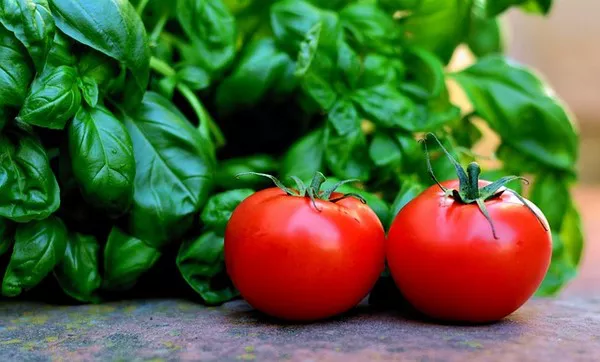Ethylene, a pivotal plant hormone, exerts profound effects on various aspects of plant development and stress responses, playing a crucial role in both abiotic and biotic contexts. In natural settings, ethylene concentrations in the field seldom exceed 5 nmol⋅mol−1 (0.005 ppm), but in enclosed indoor environments, it can accumulate as a gas, leading to detrimental consequences for plant growth and productivity.
The versatile influence of ethylene extends to a wide array of developmental processes. It interacts intricately with other plant hormones to regulate seed dormancy, germination, and leaf area expansion, while its most well-known impact is on the senescence of leaves and flowers. Notably, flower and fruit development stand out as particularly sensitive to ethylene, with a transient increase in ethylene production and upregulation of genes encoding ethylene-binding proteins occurring following anthesis in most plants.
Temperature serves as a modulator of ethylene synthesis and sensitivity, with potential implications for crop plants in sealed greenhouses and indoor environments. Low-temperature stress heightens ethylene synthesis in chilling-sensitive plants, and high-temperature stress can result in kernel abortion in winter wheat. Remarkably, this kernel abortion phenomenon was mitigated in plants treated with the ethylene receptor inhibitor known as 1-methylcyclopropane (1-MCP).
Intrigued by these intricate relationships, a study aimed to investigate the impact of ethylene on both vegetative and reproductive growth in tomatoes (Solanum lycopersicum L.), with a particular focus on the potential alteration of ethylene sensitivity by temperature. Tomatoes were chosen as the subject of this research due to their well-documented response to ethylene, the availability of ethylene-insensitive mutants, and their sensitivity to the low ethylene levels often encountered on the International Space Station (ISS).
The research utilized a unique 12-chamber system to assess ethylene sensitivity in tomatoes (Solanum lycopersicum L. cv. MicroTina). Throughout the plant’s life cycle, ethylene levels of 0, 20, and 40 nmol⋅mol−1 (parts per billion) were maintained, with air temperatures set at 22°C or 28°C. The study yielded a significant finding: the yield of ripe fruit was three times higher at 22°C compared to 28°C.
Furthermore, the research revealed a consistent reduction in yield with increasing ethylene concentration, although the impact on vegetative growth remained below 10% across all treatments. The highest ethylene concentration reduced yield to a mere 11% of the control at 22°C and a mere 4% at 28°C, while the intermediate ethylene level diminished yield to 51% of the control at 22°C and 37% at 28°C. Regardless of temperature, the study underscored the necessity of ethylene filtration in indoor environments, reducing it to below 20 nmol⋅mol−1, to achieve normal fruit set and yield in tomatoes.
F. Mitchell Westmoreland, a coauthor of the paper, emphasized the broader implications of this research, stating, “Twenty years ago, we discovered that seed set of wheat was blocked by the ethylene levels on the International Space Station. Ethylene is not toxic to humans, and the NASA air quality scientists were not monitoring it on ISS. This finding prompted a request for proposals for ethylene effects on food crops. With support from NASA, we designed and built an automated system to continuously monitor and control ethylene at ppb levels in 10 plant growth chambers. Plants synthesize ethylene throughout their life cycle, and it accumulates in closed environments. These findings inform air filtering requirements for closed-environment food production systems, in space and on Earth.”


